The global COVID-19 pandemic has particularly devastated the education sector, causing widespread uncertainty, especially in developing countries like Bangladesh. These nations, lacking institutional resilience, faced stark economic challenges that unveiled significant educational inequalities, hindering SDG 4 (quality education). To complement progress toward this goal, tracking SDG-10 (reduced inequality) and ensuring SDG-5 (gender equality) in education are essential. Civil society organizations (CSOs) and community-based organizations (CBOs) play pivotal roles in raising awareness, facilitating stakeholder dialogue, and providing grassroots evidence for effective policymaking.
This blog explores how inequality and resilience issues impact Bangladesh’s education landscape, affecting SDG 4, SDG 5, and SDG 10. It also highlights IID’s efforts to address pandemic-related challenges and economic hurdles while empowering communities and engaging policymakers to foster inclusivity in Bangladesh’s education system.
Impact of COVID-19 on Education Sector of Bangladesh
The COVID-19 pandemic has severely disrupted Bangladesh’s education system, with school closures spanning 82 weeks, affecting 37 million children. This crisis exacerbates existing educational disparities in the country, compounded by the lack of nationally representative learning outcome data. In response, IID conducted two pivotal studies to assess the pandemic’s impact on children’s learning and the resilience of the education system.
Learning Loss Aggravating Inequity
A panel study conducted by IID analyzed pre- and post-pandemic data to evaluate learning levels and losses among 5 to 16-year-old children. Employing the Citizen-led Assessment (CLA) and the International Common Assessment of Numeracy (ICAN) tool, baseline data was collected in 2019, followed by endline data in 2022. A random sample of 60 villages, with 20 households each (totaling 1200 households), revealed significant declines in learning outcomes, particularly in grades 2-3 and 4-6. Numeracy and reading skills saw a stark decline, with a notable 20% decrease in children recognizing digits and a 14% decrease in fluent readers. These findings highlight the substantial challenges to achieving SDG 4, which prioritizes quality education.
Vulnerability Exposed by System Resilience Gaps
A national-level study conducted by IID gathered insights from 10 districts and over 3000 households, offering a multifaceted perspective on education system resilience. The pandemic underscored the critical role of technology in remote learning, revealing a stark digital divide. Only 49% of lower-income respondents owned smartphones, compared to 92% in higher-income groups, exacerbating inequalities emphasized in SDG 10. Internet access, crucial for remote learning, was even scarcer, with only 16.5% reporting access.
Economic challenges during the pandemic significantly impacted families, with 61% of parents experiencing reduced family income, affecting children’s education expenditures. Reduced education-related expenses were reported by 59% of parents, with 29% experiencing substantial decreases. This financial burden was evident, as 74% of parents struggled with increased educational costs, corroborated by 83% reporting higher expenses over the past six months. Financial strain contributed to a 39% student dropout rate, with 11% citing child marriage due to financial constraints. These challenges highlight gender-based hurdles in Bangladesh’s education landscape, hindering SDG-5 progress toward gender equality.
Citizen Participation Constraints in Education Financing
In addition, surveys conducted by IID at community and national levels assessed citizen participation in education financing. Findings revealed limited access to school budget information and a pronounced gender disparity in decision-making processes. Only 45% of female respondents felt they had access to school decision-making, compared to 66% of males. Nationally, in 10 districts with 3258 parents, 57.7% reported never being asked by school authorities for opinions on sector-wise expenses. These findings underscore constraints on citizen participation in education financing, unveiling multiple barriers at community and national levels.
However, finding this data is not enough to make an impact on the journey to achieve SDG 4. The data should be utilized to formulate effective policies to mitigate the challenges, which also include reducing inequality (SDG 10) and ensuring gender equality (SDG 5). The next section of this blog addresses some initiatives taken by IID based on these findings.
A Comprehensive Strategy for Community Empowerment and Advancement Towards Sustainable Development Objectives
To address these challenges, IID has initiated a multifaceted strategy aimed at empowering communities and advancing progress towards Sustainable Development Goals (SDGs). As previously mentioned, IID actively collects data directly from grassroots communities, allowing them to voice their experiences and concerns highlighted by the ICAN and Resilience Surveys. This data-driven approach ensures that recovery efforts are precisely tailored to address the unique needs and aspirations of marginalized groups, ultimately empowering them to become proactive agents of change in their educational journey, contributing significantly to both SDG 4 and SDG 10.
IID’s commitment extends to elevating citizen awareness, fostering social accountability among educational institutions and regulatory bodies, and promoting transparency and inclusivity within the education system. Evidences from these studies are shared with local stakeholders, including local governments, parents, teachers, and youth, through various means, such as town hall meetings and community engagement initiatives.
These platforms enable grassroots communities to vocalize their concerns and actively participate in shaping educational policies, including budgetary decisions. Importantly, IID encourages stakeholders to contribute their ideas for improving the education system and policies. An Assistant Upazila Education Officer from Sreemangal emphasized the significance of such meetings, stating,
“If town hall meetings are held regularly, then awareness of the school budget will increase among the parents, teachers, and other stakeholders.”
The tangible impact of community participation is already evident in the voices of participants, as one of the guardians stated,
“During my recent participation in the town hall meeting, I not only gained valuable insights but also had the privilege of contributing my ideas for enhancing the school’s infrastructure to create a more student-friendly environment. I’m delighted to share that the school administration took my suggestions from the town hall meeting seriously, and the positive outcome is evident in my child’s increased enthusiasm for attending school.”
Additionally, IID effectively communicates insights from grassroots communities to higher-level policymakers, including members of parliament and government officials, through events like the Policy Conclave.
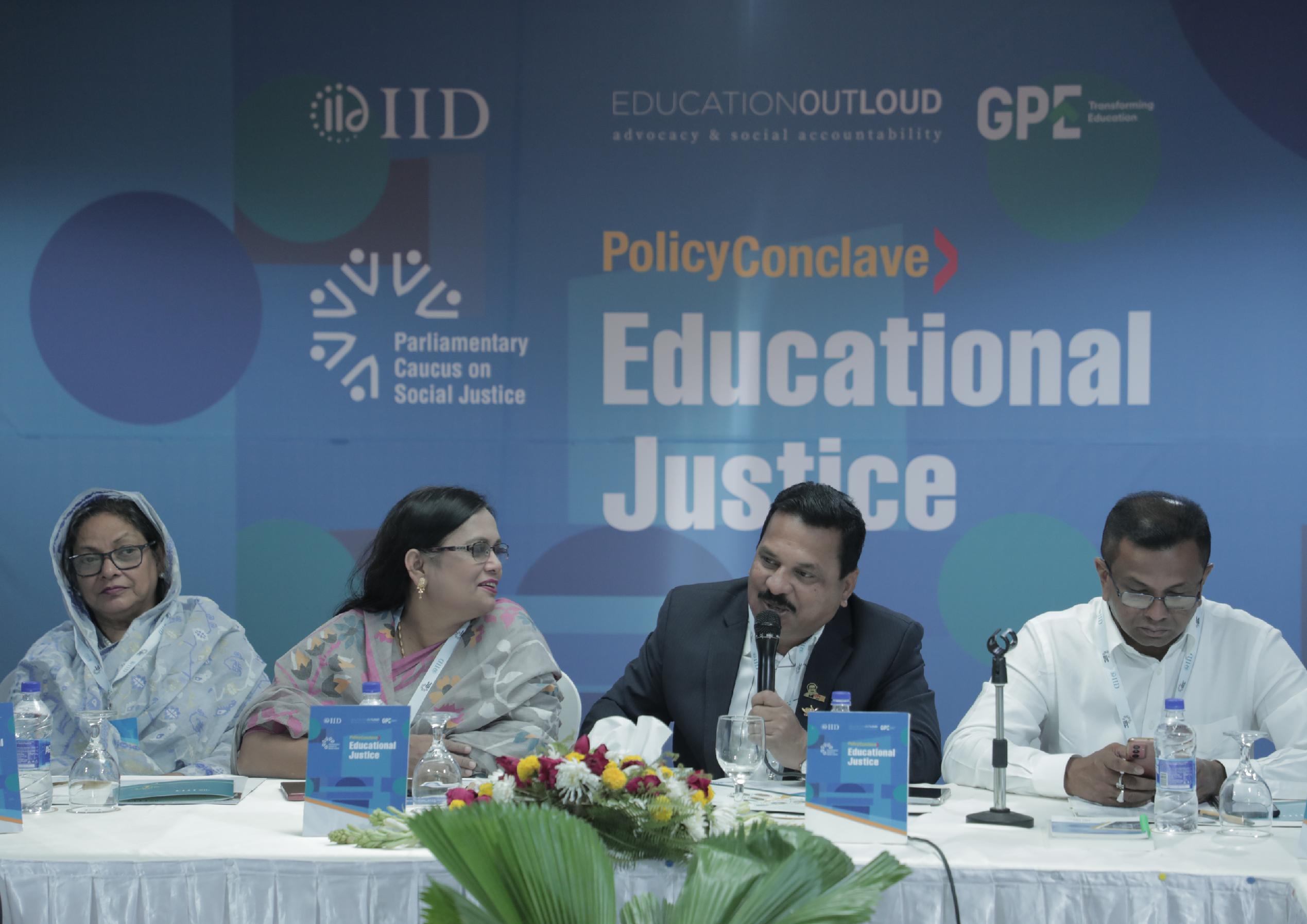
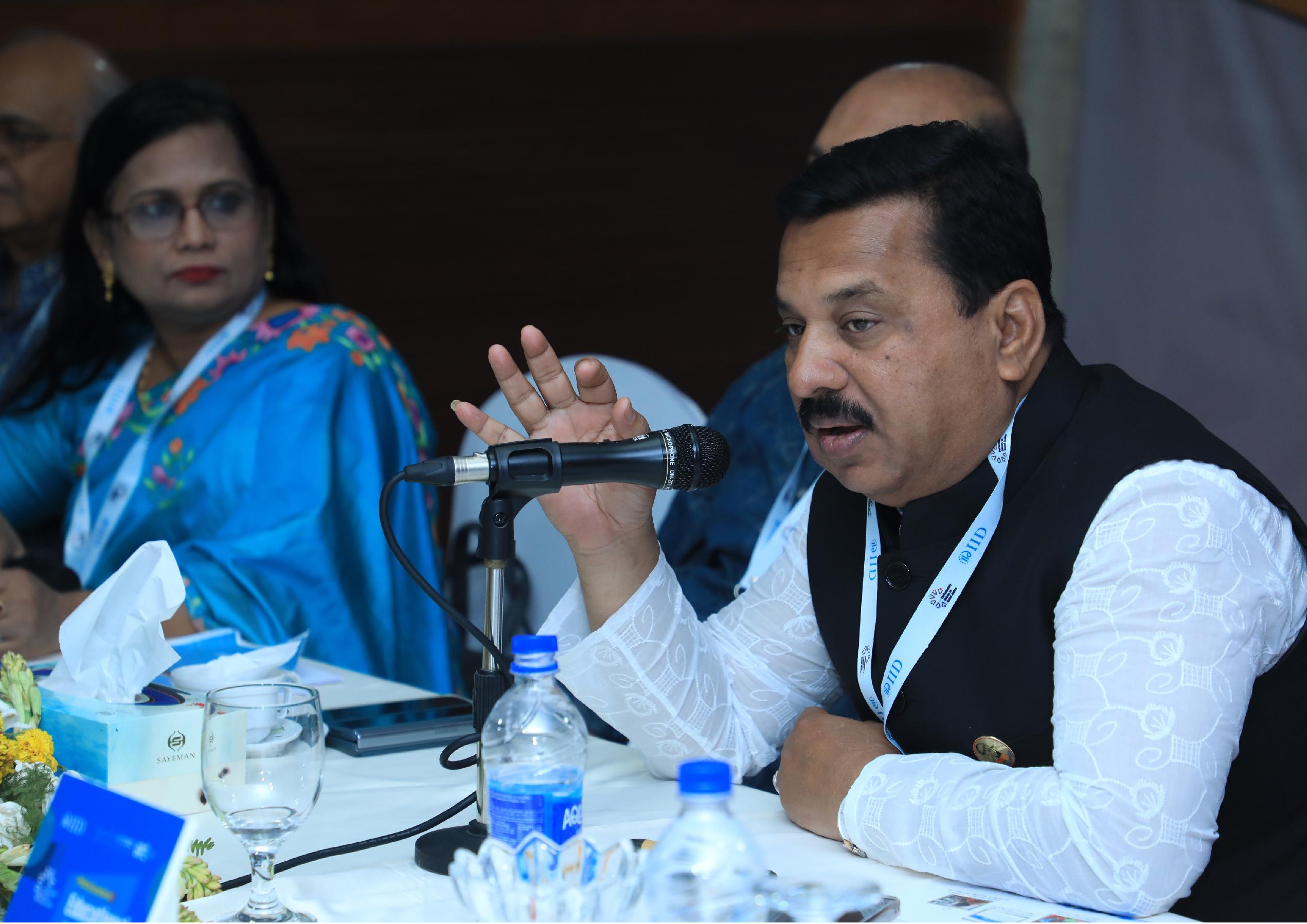
These high-level dialogues are designed to address the challenges within Bangladesh’s education sector and prioritize actionable solutions. For example, in a recent Policy Conclave on Educational Justice, Md. Nazrul Islam Babu, MP, emphasized the need to prioritize monitoring over assessment, especially state-level monitoring.
“Monitoring should take precedence over assessment, with a specific focus on state-level monitoring.”
Furthermore, he committed to taking the suggestions from the Conclave to the parliament to incorporate these discussions into national policy formulation:
“I pledge to bring the outcomes of the conclave to the Parliamentary Standing Committee on Education.”
Simultaneously, IID is actively engaged in building two model villages in Moulvibazar and Gaibandha districts. This initiative commenced with a June 2023 survey aimed at assessing village conditions. The survey findings at the local level highlighted the correlation between limited access to school budget information and reduced decision-making power, particularly among groups like housewives, farmers, and day laborers. Moreover, the study revealed that parental involvement in school budgeting remains notably low compared to other stakeholders. While women’s participation in school meetings has relatively increased due to various public and private initiatives, the study underscores that women still face limitations in expressing their opinions in budget decisions.
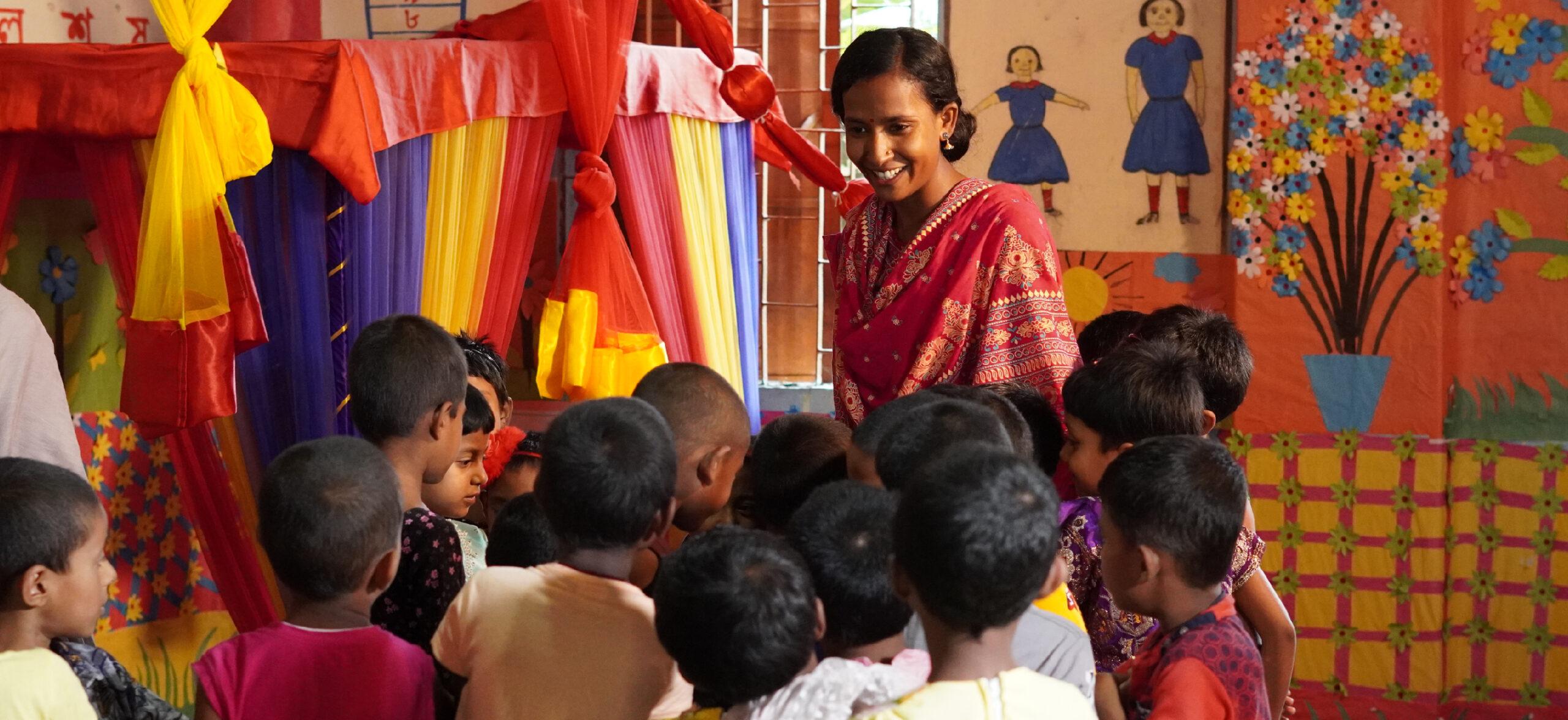
These findings were disseminated during inclusive town hall meetings that brought together various stakeholders, including parents, teachers, School Management Committee (SMC) members, students, youth volunteers, education office representatives, and government officials. These meetings fostered discussions and generated valuable suggestions, forming the basis for an action plan. Over the coming months, this plan will guide the implementation of initiatives aimed at reducing educational inequality in these villages, increasing women’s participation in education financing, and ensuring the delivery of quality education.
The shadow of the COVID-19 pandemic continues to loom over education in Bangladesh, posing significant challenges to achieving SDG 4, which is intricately linked with SDG 5 and SDG 10. Nevertheless, IID’s commitment to recovery measures and community empowerment provides a ray of hope for a more resilient and inclusive education system. To ensure that no child is left behind in their educational journey, these efforts must persist and garner support from stakeholders at all levels. Empowering communities for educational equality are the cornerstone to realizing Sustainable Development Goals 4, 5, and 10, thus illuminating a brighter future for Bangladeshi children.

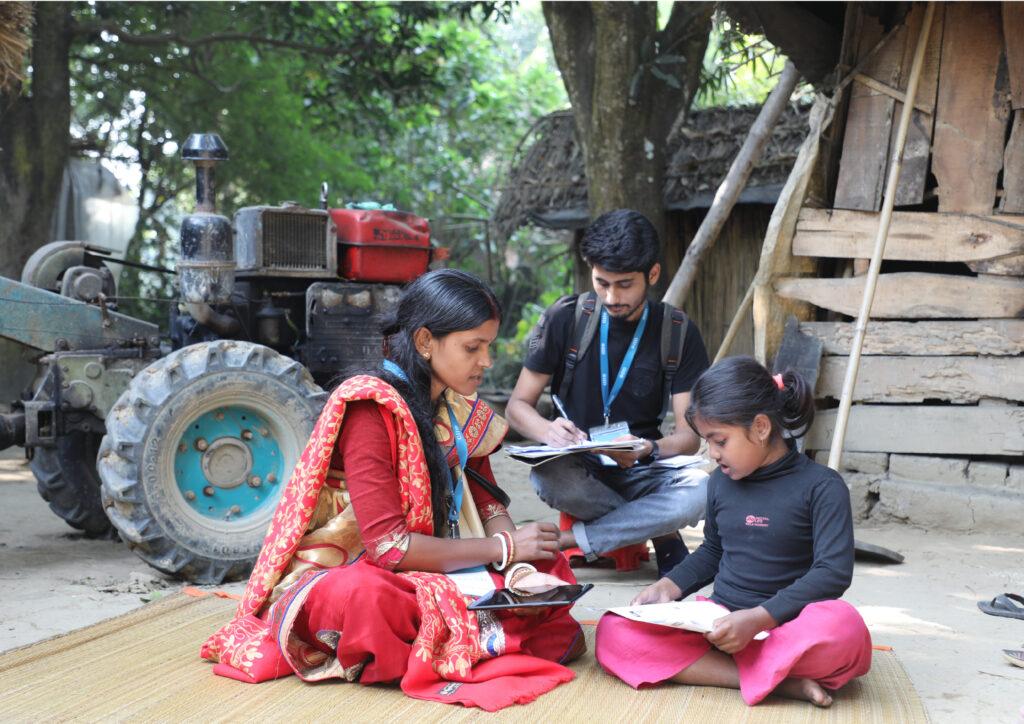
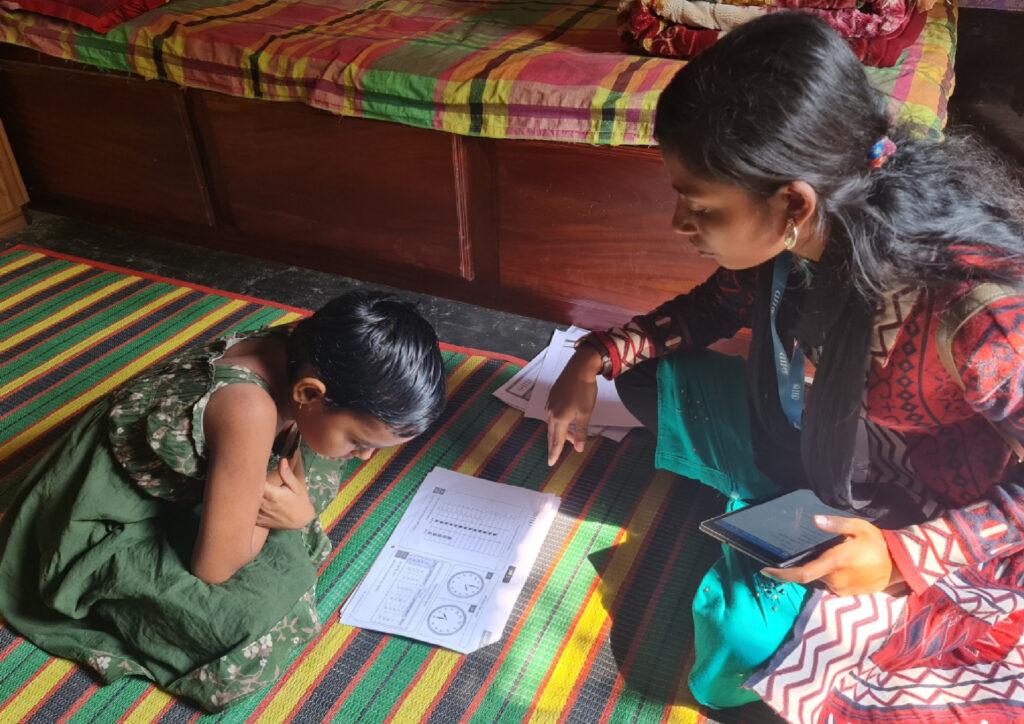
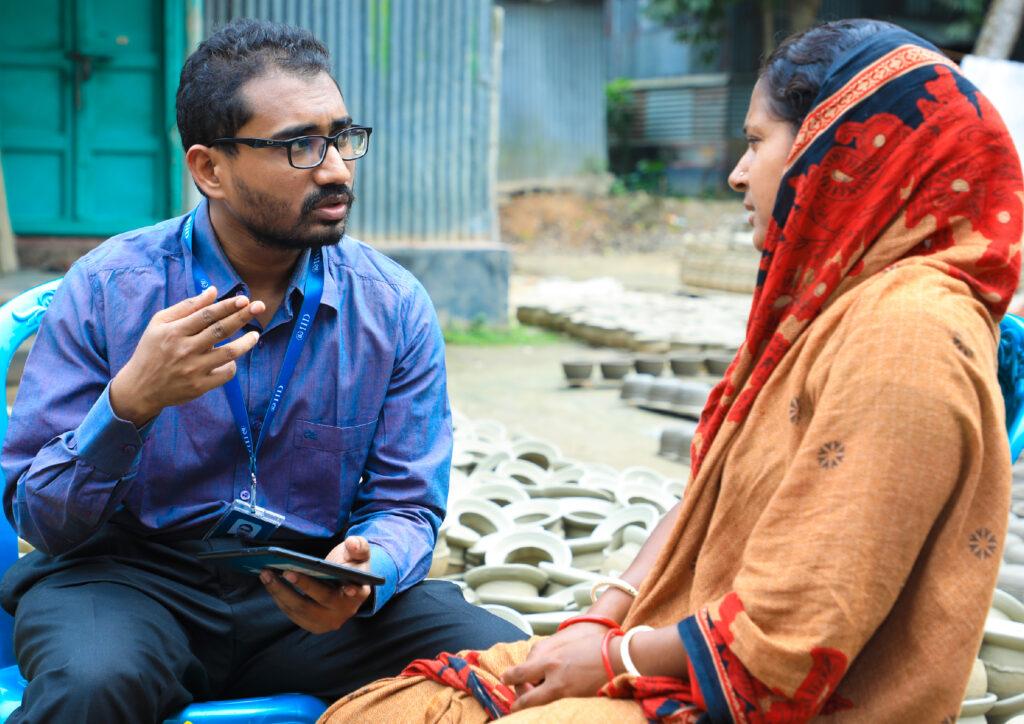
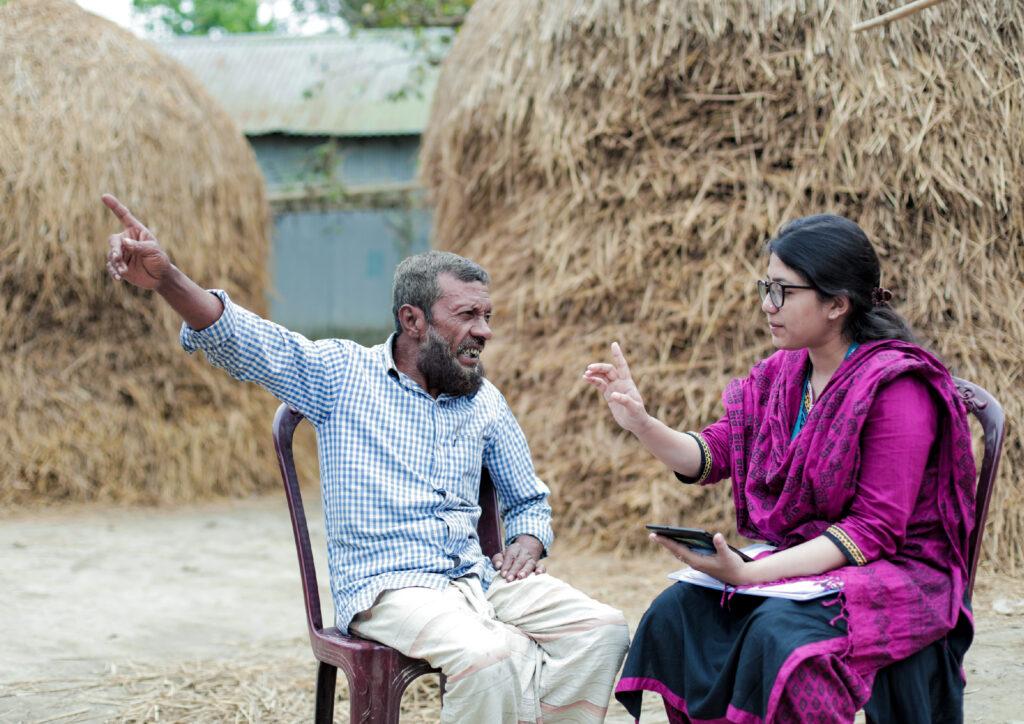
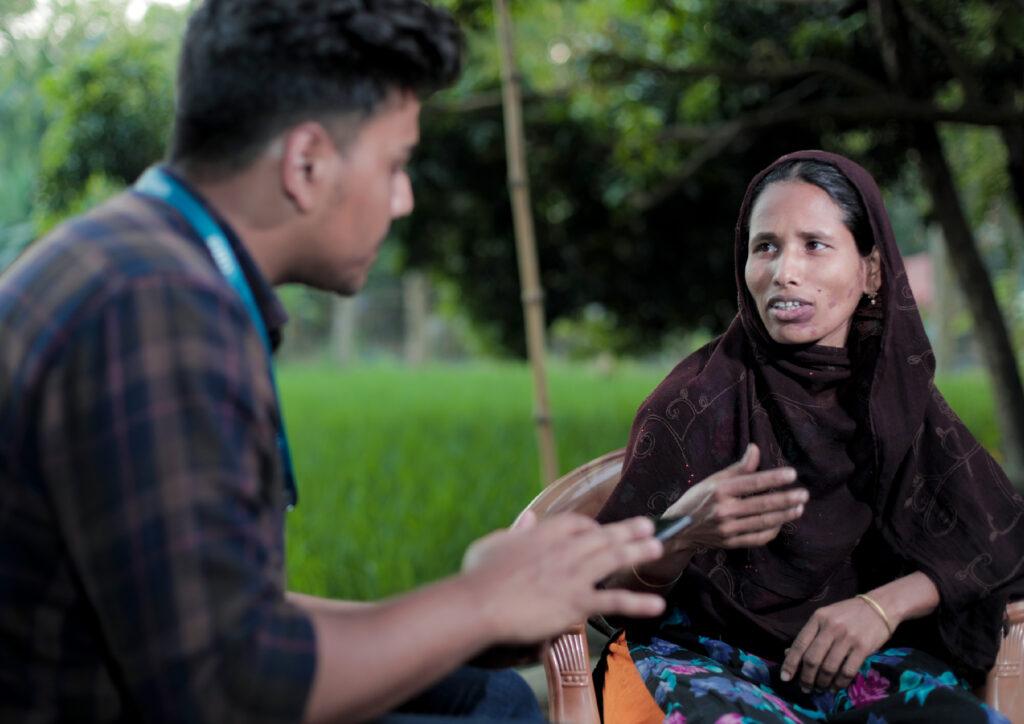
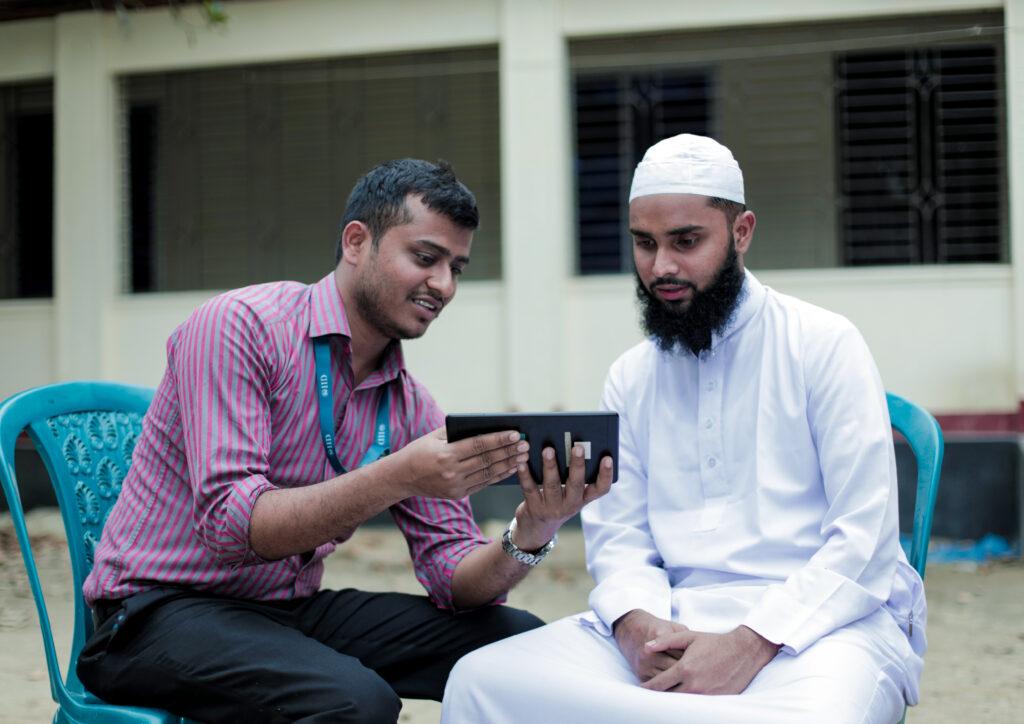
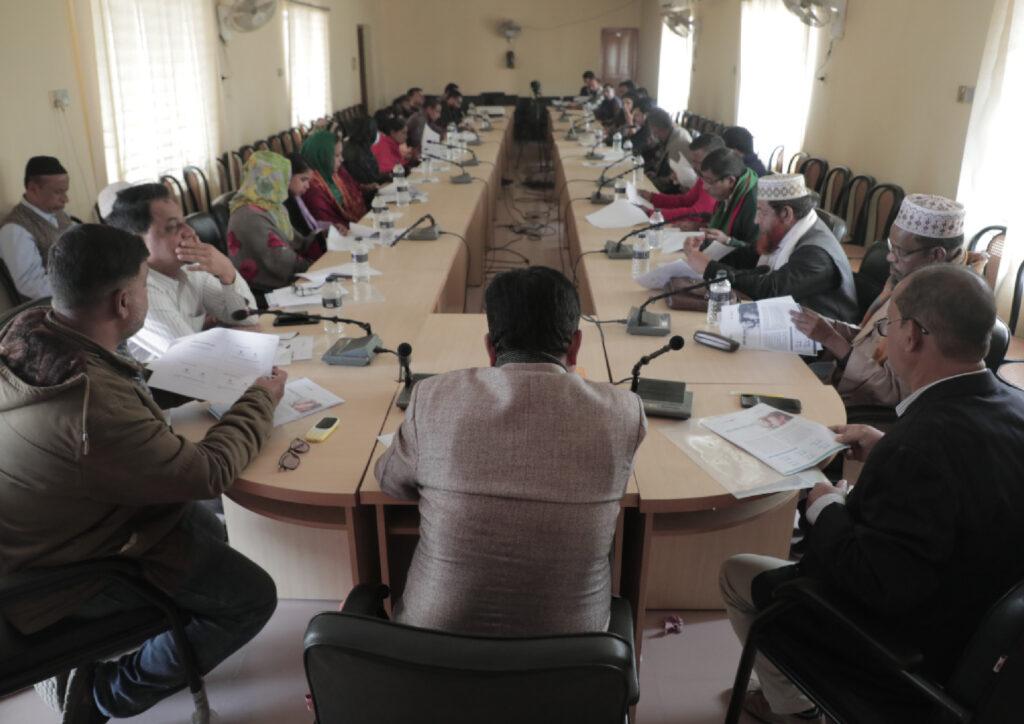

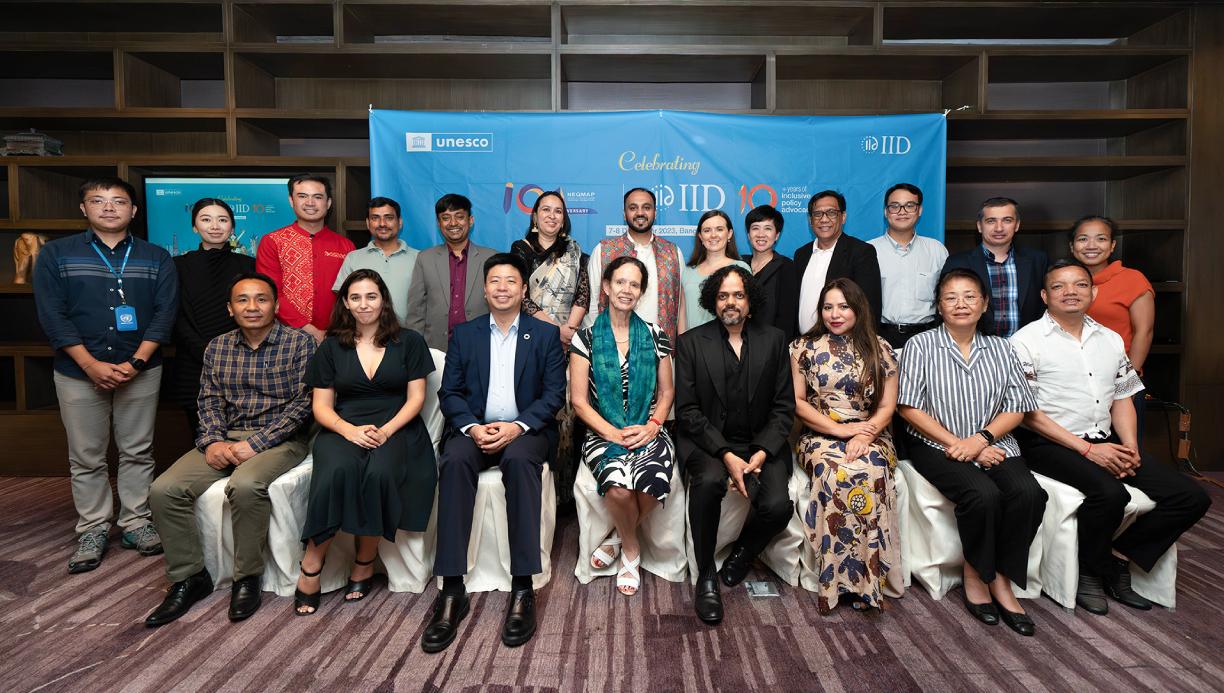
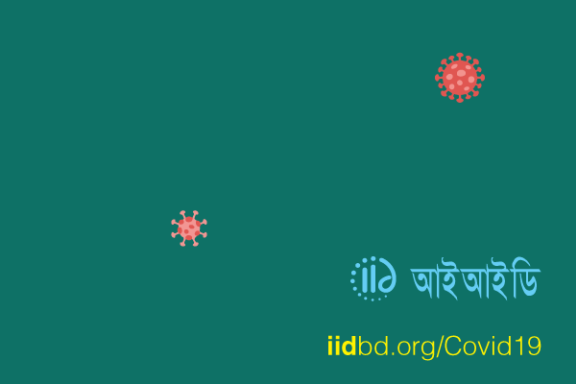
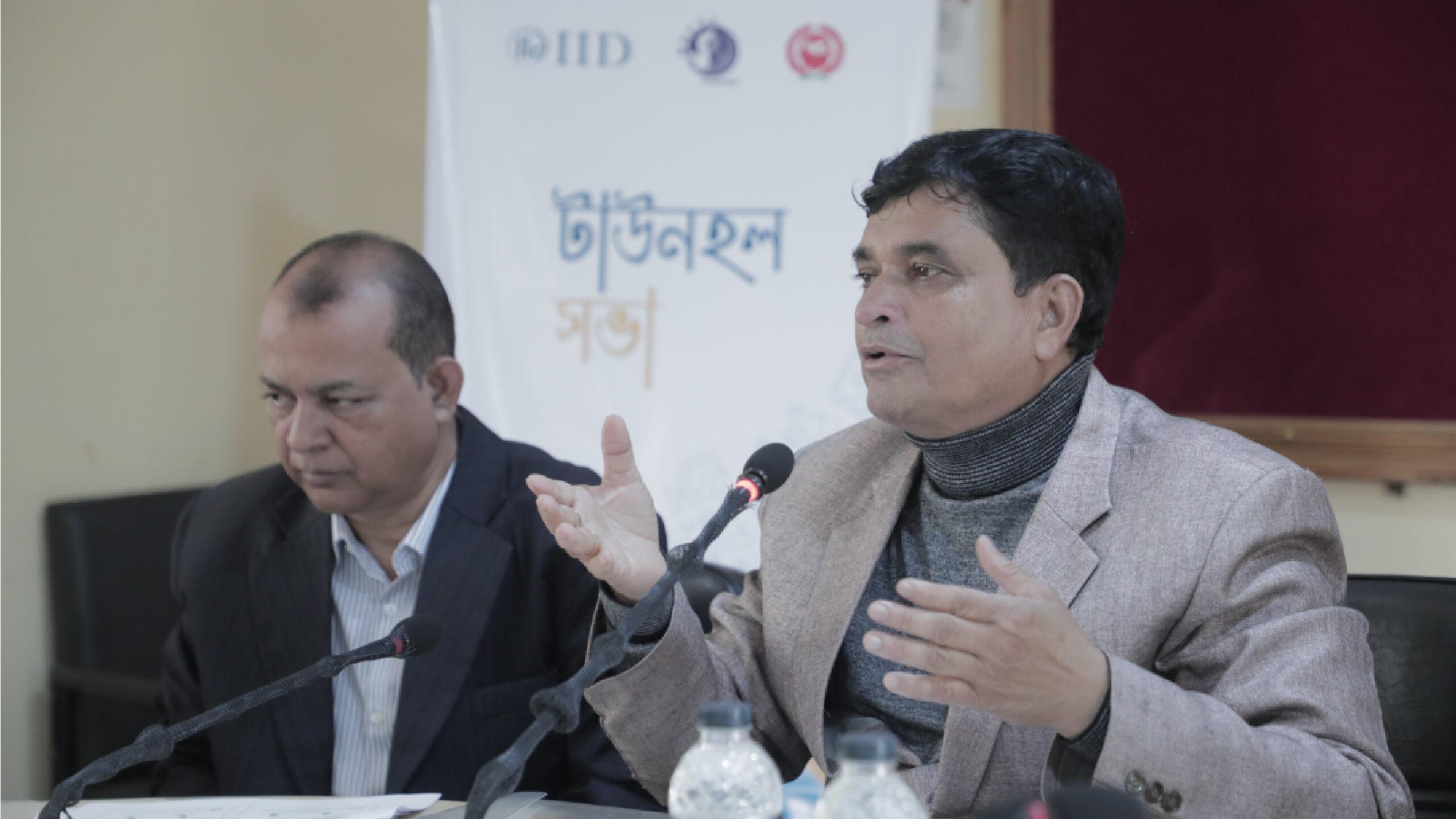
1 Comment.
[…] clindamicina para que es[…]
clindamicina para que es